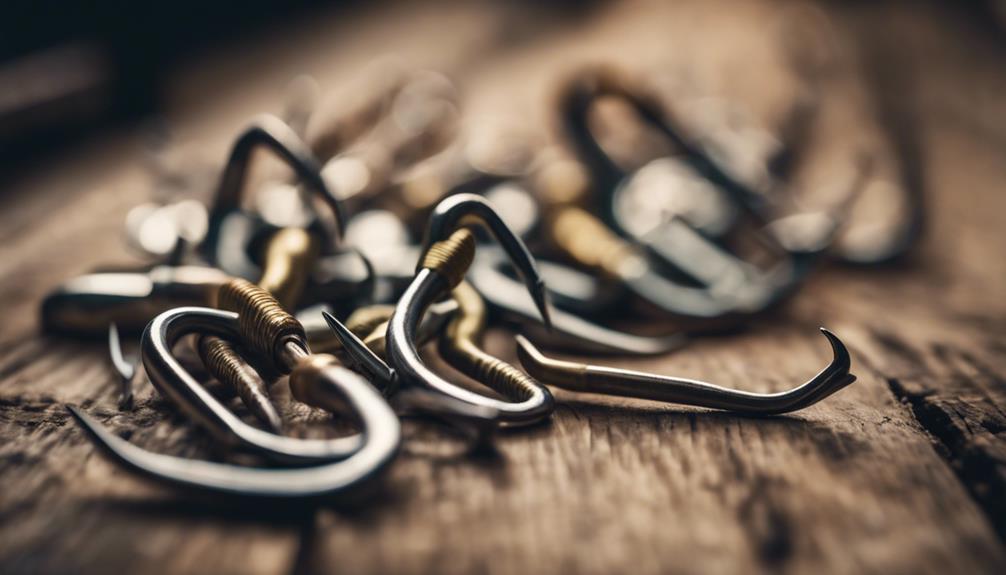Fishing is a beloved pastime for many, offering a chance to connect with nature, relax, and even bring home a meal. However, before you cast your line, it’s essential to understand the regulations that govern fishing, particularly the age requirements for obtaining a fishing license. In this comprehensive guide, we’ll explore how old one needs to be for a fishing license in various states, the reasons behind these age limits, and the benefits of fishing licenses.
Understanding Fishing Licenses and Their Importance
A fishing license is a legal document that grants individuals permission to fish in public waters. Each state has its own regulations, including age requirements, fees, and specific fishing seasons. Obtaining a fishing license is crucial for conservation efforts, as the fees collected are often used to support wildlife management and habitat restoration. By understanding how old you need to be for a fishing license, you can ensure you are complying with local laws and contributing to the sustainability of fish populations.
General Age Requirements for Fishing Licenses
The age at which one can obtain a fishing license varies significantly from state to state. In many regions across the United States, individuals as young as 16 can apply for a fishing license independently. However, some states allow younger children to fish without a license, often up to the age of 12. For example, states like Texas and Florida permit children under 16 to fish without a license, provided they are accompanied by a licensed adult. Understanding the specific rules in your state is essential, as it ensures compliance and promotes responsible fishing practices.
State-Specific Age Requirements for Fishing Licenses
To illustrate the age requirements for fishing licenses across the U.S., here are a few examples:
– California: In California, individuals must be 16 years or older to obtain a fishing license. Those younger can fish without a license but must adhere to local regulations.
– New York: In New York, the minimum age for a fishing license is also 16. However, children under 16 can fish for free with a parent or guardian who holds a valid license.
– Florida: Florida has a unique approach, allowing children under 16 to fish without a license. However, they must follow all fishing regulations.
– Texas: Similar to Florida, Texas allows children under 17 to fish without a license but requires them to follow the state’s fishing rules.
These examples highlight the importance of checking your specific state’s requirements, as regulations can change.
Why Are There Age Restrictions for Fishing Licenses?
Age restrictions for fishing licenses are primarily in place for several reasons. Firstly, these regulations help manage fish populations and ecosystems by ensuring that young anglers are educated about responsible fishing practices. Secondly, the age limits often reflect a balance between encouraging youth participation in fishing and protecting aquatic resources. By establishing an age requirement, states can better enforce fishing regulations and promote sustainability in freshwater and saltwater environments.
Exemptions and Special Programs for Young Anglers
Many states recognize the importance of encouraging fishing among youth and offer exemptions or special programs for young anglers. For instance, some states hold free fishing days, where anyone can fish without a license, regardless of age. These events are designed to introduce children and families to the joys of fishing and foster a love for the outdoors. Additionally, youth fishing programs often provide educational resources, ensuring that young anglers understand the importance of conservation and sustainable fishing practices.
The Process of Obtaining a Fishing License
Obtaining a fishing license is typically a straightforward process. Most states offer online applications, allowing individuals to apply for a license from the comfort of their homes. The required information usually includes proof of age, residency, and sometimes completion of a fishing education course, especially for younger applicants. Fees vary by state, and licenses can be valid for a day, a season, or even multiple years. It’s essential to keep your license on hand while fishing, as law enforcement may request to see it during inspections.
The Benefits of Having a Fishing License
Holding a fishing license comes with numerous benefits beyond legal compliance. Firstly, it supports conservation efforts, as a portion of the license fees goes directly to wildlife management and habitat restoration initiatives. Secondly, having a license often gives anglers access to special fishing areas and events, enhancing their fishing experiences. Lastly, it fosters a sense of responsibility and respect for nature, encouraging individuals to engage in sustainable fishing practices that ensure the longevity of fish populations.
Conclusion: Embrace Fishing Responsibly
Understanding how old you need to be for a fishing license is crucial for anyone looking to enjoy this rewarding activity. By familiarizing yourself with the specific regulations in your state, you can ensure compliance while promoting sustainable fishing practices. Whether you’re a seasoned angler or a newcomer, obtaining a fishing license is a vital step toward enjoying the great outdoors responsibly. So grab your gear, respect the regulations, and enjoy the serene experience of fishing, knowing that you are contributing to the preservation of our aquatic ecosystems.
In conclusion, fishing is more than just a hobby; it’s a way to connect with nature and create lasting memories. By understanding the age requirements for a fishing license and the importance of responsible fishing, you can fully enjoy this timeless sport while playing your part in conserving our natural resources.
